Does the cactus have leaves? the culture method of cactus
Does the cactus have leaves? The answer is: yes, but in order to adapt to the dry and rainless desert environment, the cactus has been changing its shape over the long years, and the leaves have gradually disappeared, turning into root spines or dense hairs, minimizing water transpiration. The leaves of the cactus are degraded and are nourished by the stems, while the stems are green, performing the function of leaves and photosynthesis in the sun. So the thorns of cactus are changed from leaves. The thorns of the cactus can absorb nutrients from the air.
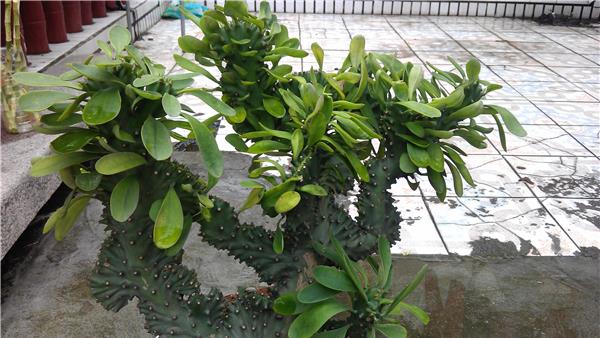
The hometown of the cactus is in a harsh and dry environment. In a dry environment, water is not easy to come by. In order to deal with the severe drought, the leaves of the cactus have deteriorated, and some of them have become needlelike or prickly, which are generally regarded as abnormal leaves. In this way, transpiration noodles are fundamentally reduced and water expenditure is reduced. Some people grow apples and cacti of about the same height together and observe their daily water loss in the summer. The result is that the apple is 10ml 20kg, while the cactus is only 20g, the difference is thousands of times. Therefore, the cactus can survive tenaciously in the desert.
Cactus is a perennial plant, it has a wide variety of species. In addition to specialized leaves, cactus also has a soft, water-absorbing, water-storing root and fleshy stem, which can carry out photosynthesis, produce nutrients, and have water storage cells. some cactus stems are covered with a layer of wax to prevent the loss of water. Cactus flowers are bright and beautiful, with yellow, white, red, purple and other colors. The world's largest cactus is as high as 15mura 18 meters, weighs 10 tons and can store thousands of kilograms of water.
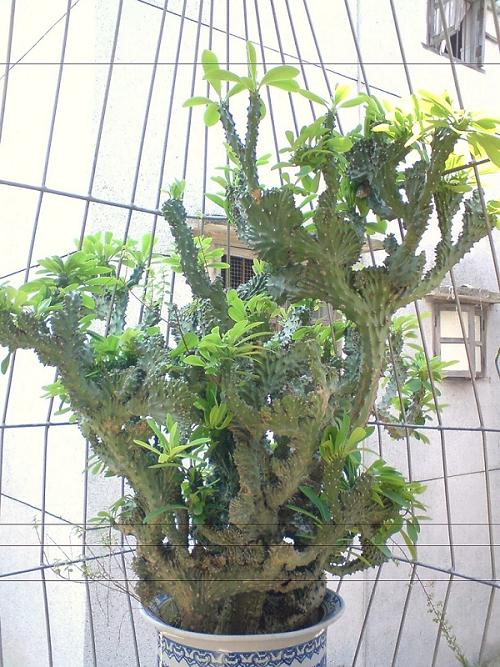
There are many kinds of cactus thorns, some of which turn into white hairs and dense coverings, which can reflect strong sunlight to lower body surface temperature and reduce water transpiration. In addition, the stem of the cactus also becomes succulent, which can store a lot of water. The cactus adapts to the arid climate with these changes in its posture.
Many plants and humans are good friends, but the cactus is a bit "distant"-the sharp thorns on his body are daunting. Plants generally have leaves, but why do cacti only have thorns?
In fact, these thorns are the leaves of cactus. Cacti generally grow in arid deserts, where the sun is very poisonous and often does not rain. If the cactus wants to survive in this environment, it must try its best to keep moisture in the body. If the cactus has broad leaves and is exposed to the sun, the moisture can easily evaporate. But if the leaves were small, it wouldn't be like this. Thorns are the smallest leaves. When it rains, the stout stem of the cactus stores a lot of water, and the small leaves can reduce water loss. In this way, the cactus can survive even if it doesn't rain for a few months or even a year. In addition, the thorn of the cactus is still his weapon. With a thorn, few animals dare to touch it.
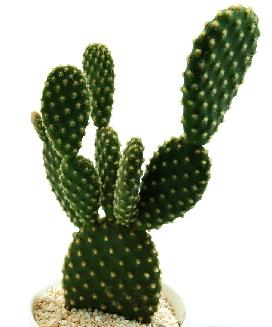
Cactus is a treasure all over the body, which plays an indispensable role in human beings. the cactus flower is of high appreciation value, and the cactus fruit is edible, and it also has many beneficial effects, promoting cell growth and delaying skin aging and oxidation.
What are the uses of cactus?
1. Acute mastitis: take the right amount of fresh cactus or cactus, remove the thorns and villi on the surface, wash and mash. When in use, apply the cactus confusedly to the red and swollen area of the breast ☆ forbidden ☆ room, covered with gauze and fixed with adhesive tape. Change the dressing several times a day to keep it moist.
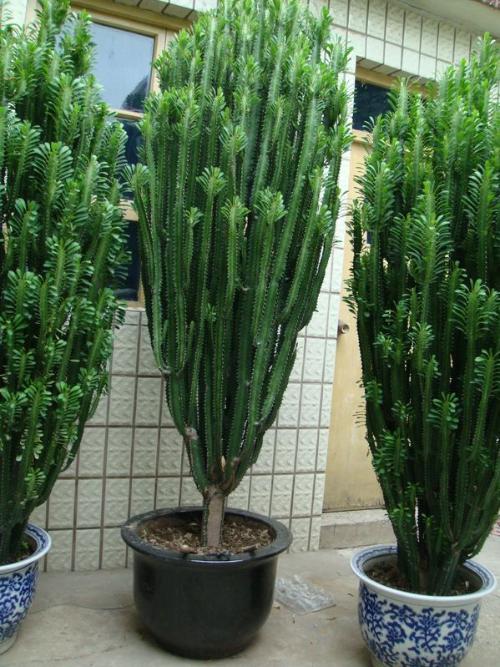
2. Suppurative otitis media: cactus (peeled), dandelion and other portions, washed and mashed to take juice, drop into the ear, 24 drops each time, 23 times a day. The prescription has a good effect on patients with suppurative otitis media, generally takes about 35 days, and has a good effect of antibacterial, anti-inflammatory, heat-clearing and detoxification.
3. Mumps: mash the cactus (peeled and washed), add a little duck egg white, mix well, bottle and seal. During the treatment, the drug paste was spread on a thick sterilized gauze, and the size of the patch area was chosen according to the swelling area of the patient's parotid gland. Unilateral disease was applied on one side, bilateral disease on both sides, and dressing changed once a day. If the medicine is used in time, it will generally be cured twice.
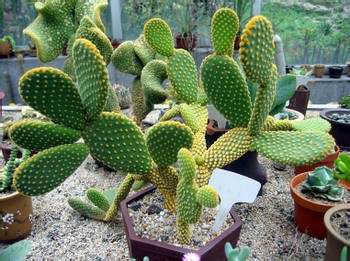
The hometown of cactus is in North America, where it is dry all the year round, where it is very difficult for ordinary plants to survive, because plants have to evaporate water to the outside world every day, the leaves of general plants are broad, and there is not enough water to evaporate, and the land can not supply enough water. will dry up and die, so ordinary plants cannot settle there. In order to survive there, the cactus degenerates the broad leaves into sharp and hard thorns, and the water in the body does not evaporate easily, so it will not dry up and die.
Every plant in nature has its own peculiarities. In order to survive in nature, they all have their own secret weapons. In order to adapt to the society, we should also study hard so that we have more secret weapons.
Generally, it will be cured twice.

The hometown of cactus is in North America, where it is dry all the year round, where it is very difficult for ordinary plants to survive, because plants have to evaporate water to the outside world every day, the leaves of general plants are broad, and there is not enough water to evaporate, and the land can not supply enough water. will dry up and die, so ordinary plants cannot settle there. In order to survive there, the cactus degenerates the broad leaves into sharp and hard thorns, and the water in the body does not evaporate easily, so it will not dry up and die.
Every plant in nature has its own peculiarities. In order to survive in nature, they all have their own secret weapons. In order to adapt to the society, we should also study hard so that we have more secret weapons.
Related
- Wuhan Hospital Iron Tree Blooming Result Was Instantly Frightened by the Gardener Master
- Which variety of camellia is the most fragrant and best? Which one do you like best?
- What is the small blue coat, the breeding methods and matters needing attention of the succulent plant
- Dormancy time and maintenance management of succulent plants during dormancy
- Minas succulent how to raise, Minas succulent plant pictures
- What are the varieties of winter succulent plants
- How to raise succulent plants in twelve rolls? let's take a look at some experience of breeding twelve rolls.
- Attention should be paid to water control for succulent plants during dormant period (winter and summer)
- Watering experience of twelve rolls of succulent plants
- Techniques for fertilizing succulent plants. An article will let you know how to fertilize succulent plants.



